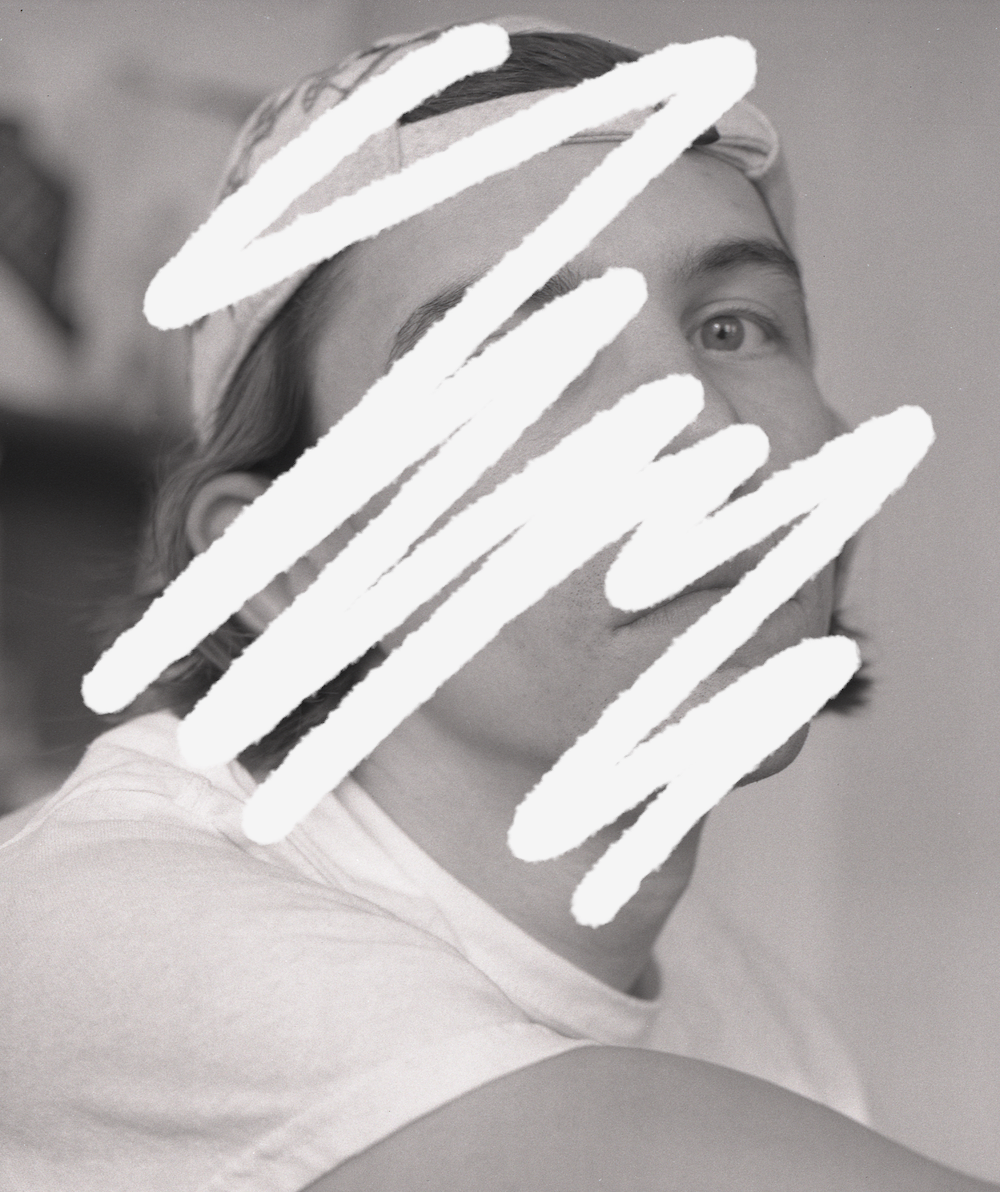While the white horse and her rider gallop across the Earth we take the dog on a Sunday walk through the cemetery where even these century old stones are crowded with distance. Many pods of strangers are walking here today, avoiding one another, quietly smiling or averting their eyes as they pass. We, we too give every heartbeat the widest berths, take detours off the gravel paths and over burial plots, barely scanning the names of these other, dead strangers as we drink up spring and take photos to share on Insta. A young woman reads a book peacefully on a bench, a man lets his two dogs bound off-leash down the paths, and our dog pees on a tree half as old as this country. The sick, the dying, and the dead feel so far away, even here, having been for months now abstracted into dots along the exponential edge of the sickle. This month has felt like a decade, with life so suspended and quiet and hungry. The dog hasn’t been happier. Every dream I’ve had for a month has been banal but backdropped with the bridle, the muscled shoulder, the hand of the rider slowly nocking an arrow into his bow. As we walk, I don’t like to think how close the hospital is, how taxing the death toll will be, how pointless so many feel by being shackled to home. I don’t like to think about watching my downstairs neighbor carry up from his car a rice-cooker in one hand and a rifle in the other. What I think instead is that if I were to count every bone under these stones the number would seem both massive and so small at once. What I think is that the trees in the cemetery can still crack jokes to one another. What I think is that I hope this mausoleum of solitude will open up and we will be happy and nearby again. Or frustrated and nearby again. Just nearby again, please, without fear of stumbling in range of those hooves. What I think instead is that every horse stops for water sometime, that every horse’s skin shivers, every tail whips at gadflies. That even this white horse with this grim rider was once a foal, and was once nursed, and whinnied. That even Pestilence himself has a home somewhere
Rusty Priske on “All Hearts Feed Horses”
While clearly a pandemic poem, this piece manages to embrace it while taking on the big issues around it, primarily those of life and death. What is it like when the pale rider seems constantly near? Can you laugh, as the trees do? Do you need to constantly assess where the nearest source of air might be?
Bios

John Elizabeth Stintzi
John Elizabeth Stintzi is the recipient of the 2019 RBC Bronwen Wallace Award and the Sator New Works Award. Their writing has appeared in Ploughshares, The Malahat Review, Kenyon Review, Best Canadian Poetry, and others. They are the author of the novels My Volcano (2022) and Vanishing Monuments, as well as the poetry collection Junebat.

